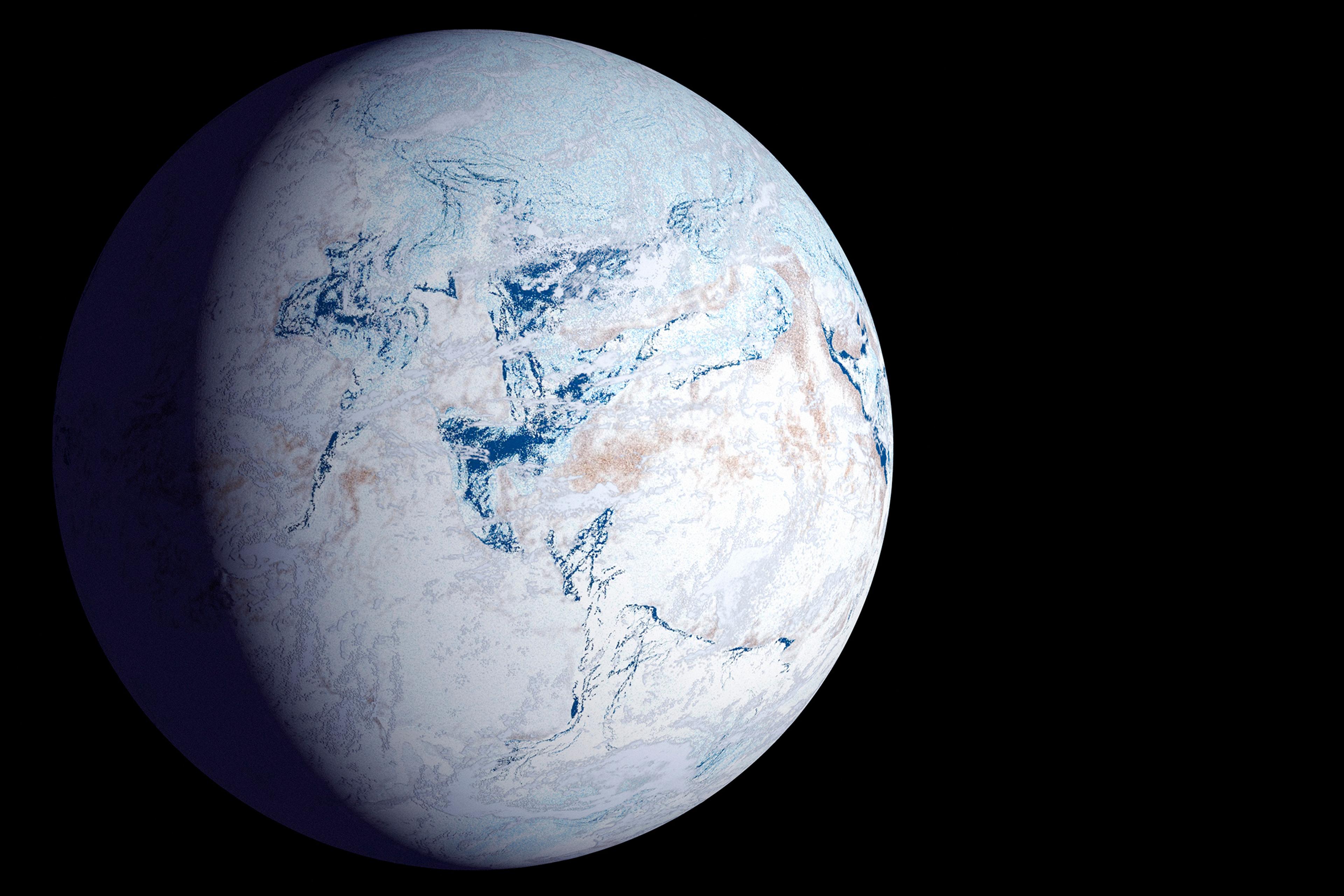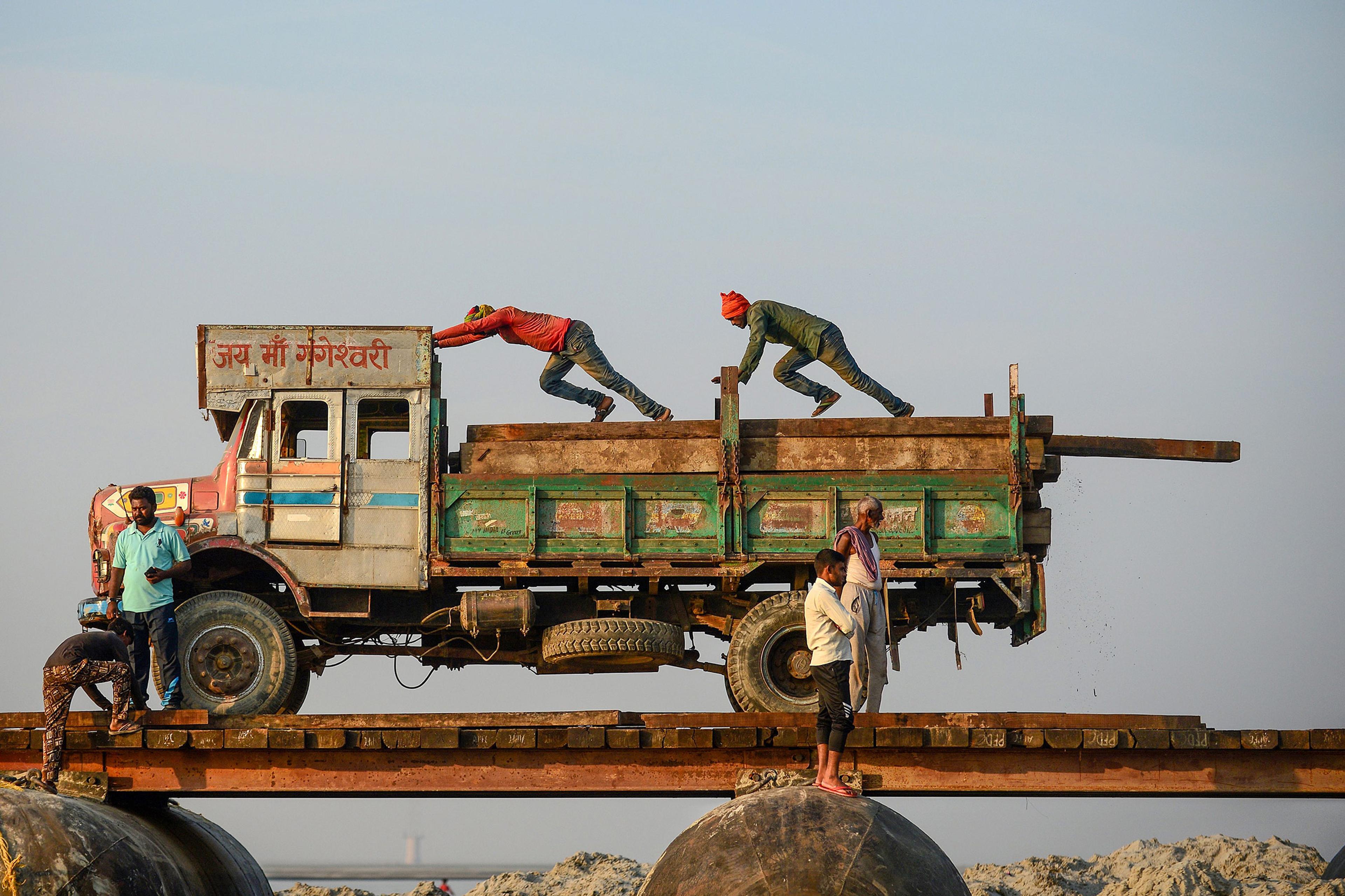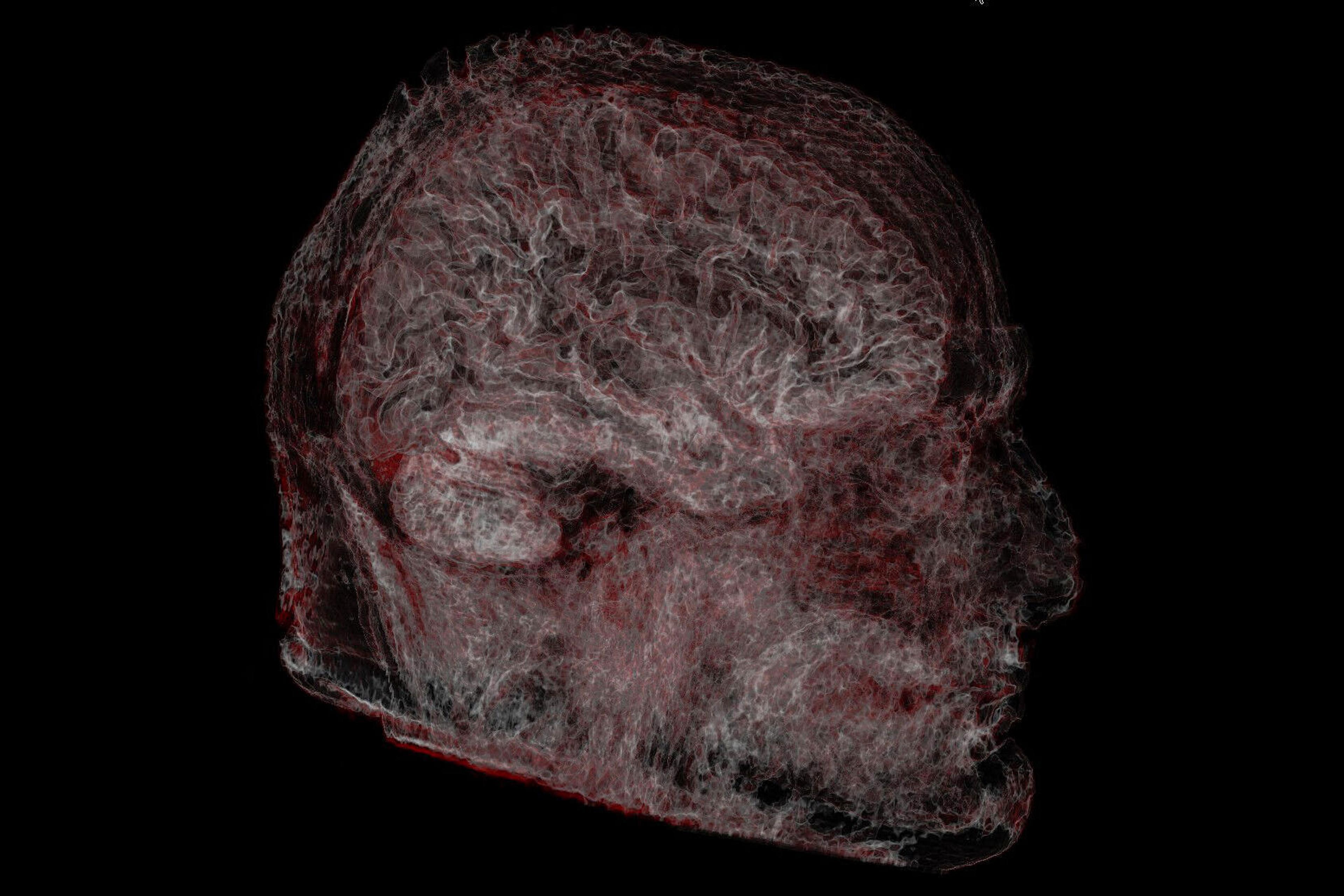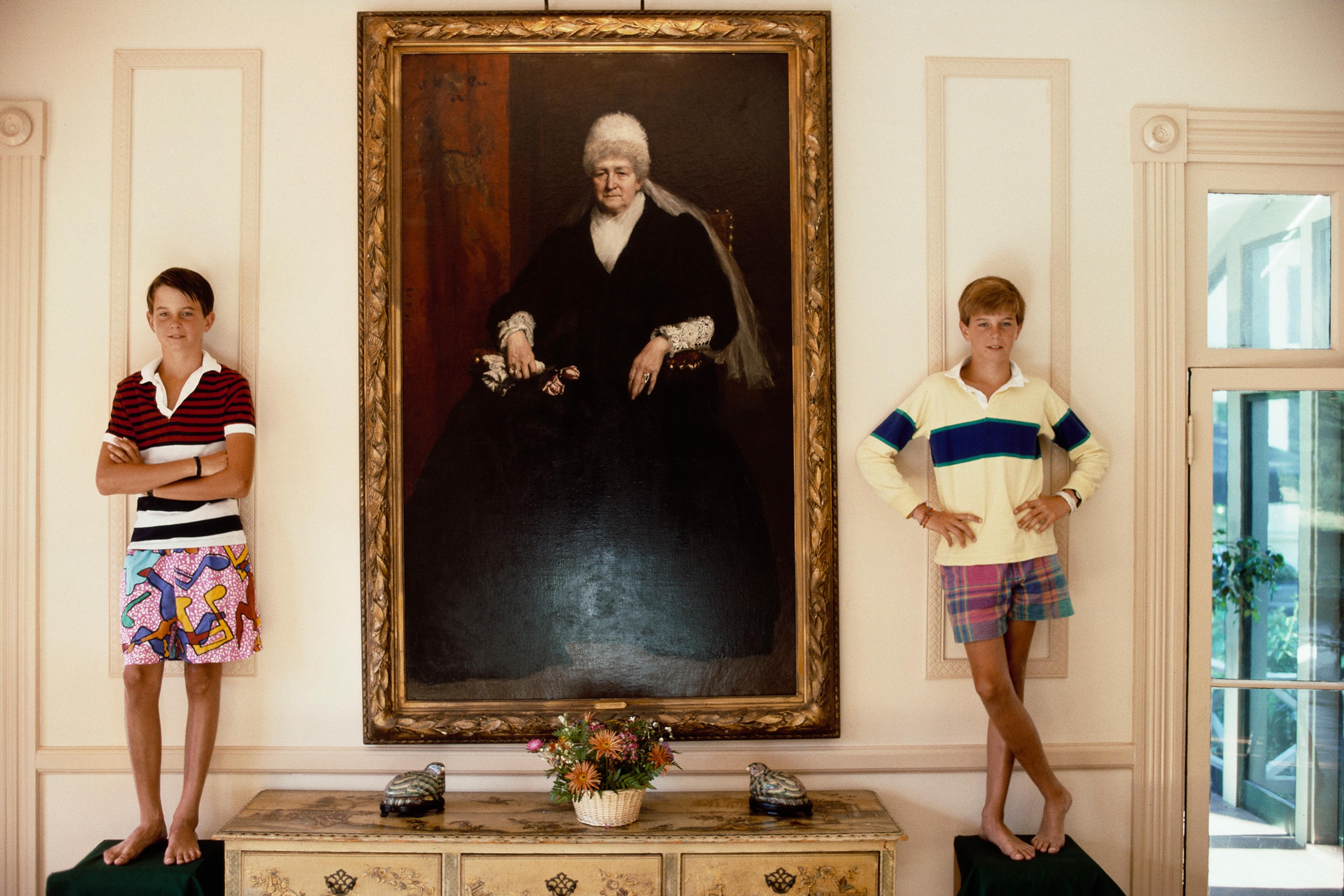Essays

essayComparative philosophy
Mexistentialism
The Mexican embrace of uncertainty, forged in the crucible of history, captures the true vulnerability of our existence
Carlos Alberto Sánchez

essayEarth science and climate
The snowball effect
Our planet was once a harsh, alien, icy world. Yet this deep freeze may have shaped you, me and all life on Earth
Graham Shields

essayPolitical philosophy
Guarding the guardians
Good institutions are social technologies that scale trust from personal relations to entire nations. How do they work?
Julien Lie-Panis

essayStories and literature
Subverting hell
In their visions of the underworld Dante and Milton were truly subversive, incorporating predecessors into their own repudiation
Charlie Ericson

essayArchitecture
Compost modernity!
The vision of solarpunk: joining nature with technology in vibrantly inclusive ways to create a world that truly blooms
Yogi Hale Hendlin

essayBiology
Orcas and ourselves
Sea pandas or sadistic killers? These enigmatic creatures invite contradictory labels that say far more about us than them
Jason Colby

essayHuman evolution
How selfish are we?
An age-old debate about human nature is being energised with new findings on the tightrope of cooperation and competition
Jonathan R Goodman

essayComparative philosophy
Between being and emptiness
In Japanese philosophy, unlike the atomised Western self, we are ‘ningen’ (人間), each enmeshed with other humans and nature
Takeshi Morisato

essayNeuroscience
Can you rewire your brain?
The metaphor of rewiring offers an ideal of engineered precision. But the brain is more like a forest than a circuit board
Peter Lukacs

essayWork
Victims and villains
In Southeast Asia’s scam compounds, workers are being enslaved but the boundary between victim and perpetrator is blurred
Ivan Franceschini & Ling Li

essayEconomics
Is inherited wealth bad?
Despite associations with the idle rich, the fact that inheritances are rising is a sign of a healthy, growing economy
Daniel Waldenström

essayGlobal history
A lesson in coexistence
The 17th-century town Cacheu was a hub of West African and European cultures, languages and beliefs (and run by women)
Toby Green